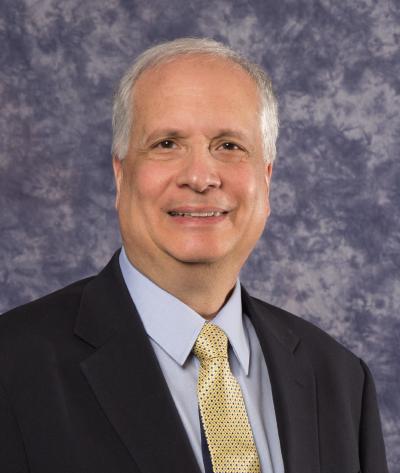Edward Hoffman

Dr. Hoffman is CEO, Knowledge Strategies, LLC. Knowledge Strategies is engaged in research, education, and consulting services in support of organization performance. Dr. Hoffman serves as Senior Lecturer, for Information and Knowledge Strategy Program at the Columbia University School of Professional Studies. He directly supports the Project Management Institute as a Strategic Advisor with a focus on integrated systems for talent management, knowledge engagement and learning strategies.
Dr. Hoffman retired from NASA as a senior executive. He was appointed the first NASA Chief Knowledge Officer in 2011 and held responsibility for system-wide strategy, integration and deployment of knowledge services. Prior to this role he was the founding director of the NASA Academy of Program/Project and Engineering Leadership (APPEL) serving in this role for over 20 years. During this period the Academy was the top-rated Project Management Academy in the world. In addition, to leading the NASA Academy, he was the project manager for the NASA Strategic Management and Governance Handbook that established new governance after the Columbia Shuttle accident. He spent his career at NASA as a performance consultant supporting NASA teams, enterprise change, offering strategic advice for leadership, and having responsibility for system-wide talent development.
Dr. Hoffman has written numerous journal articles, and co-authored Shared Voyage: Learning and Unlearning from Remarkable Projects (NASA, 2005) and Project Management Success Stories: Lessons of Project Leaders (Wiley, 2000). He is currently researching and designing a curriculum sequence on the future of work, for Columbia University. He is senior lecturer and former academic director at Columbia University. He has also served in faculty positions for The George Washington University, University Technology Sydney, ECS Lille, and Drexel University in the School of Engineering.
He received the NASA Outstanding Leadership Medal in 2010. Dr. Hoffman holds a Doctorate, as well as MA and MS degrees, from Columbia University in the area of social and organizational psychology. He received a Bachelor of Science in Psychology from Brooklyn College in 1981.

